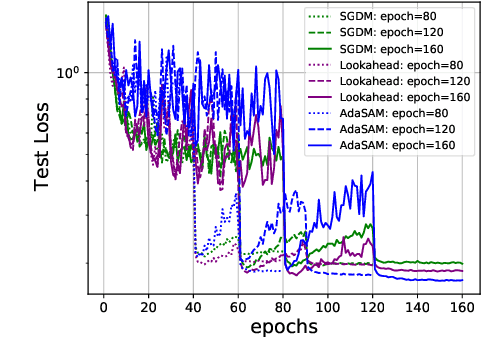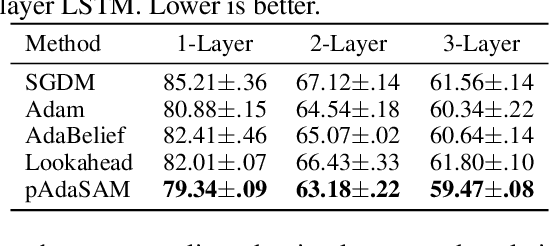Stochastic Anderson Mixing for Nonconvex Stochastic Optimization
Paper and Code
Oct 04, 2021



Anderson mixing (AM) is an acceleration method for fixed-point iterations. Despite its success and wide usage in scientific computing, the convergence theory of AM remains unclear, and its applications to machine learning problems are not well explored. In this paper, by introducing damped projection and adaptive regularization to classical AM, we propose a Stochastic Anderson Mixing (SAM) scheme to solve nonconvex stochastic optimization problems. Under mild assumptions, we establish the convergence theory of SAM, including the almost sure convergence to stationary points and the worst-case iteration complexity. Moreover, the complexity bound can be improved when randomly choosing an iterate as the output. To further accelerate the convergence, we incorporate a variance reduction technique into the proposed SAM. We also propose a preconditioned mixing strategy for SAM which can empirically achieve faster convergence or better generalization ability. Finally, we apply the SAM method to train various neural networks including the vanilla CNN, ResNets, WideResNet, ResNeXt, DenseNet and RNN. Experimental results on image classification and language model demonstrate the advantages of our method.
 Add to Chrome
Add to Chrome Add to Firefox
Add to Firefox Add to Edge
Add to Edge